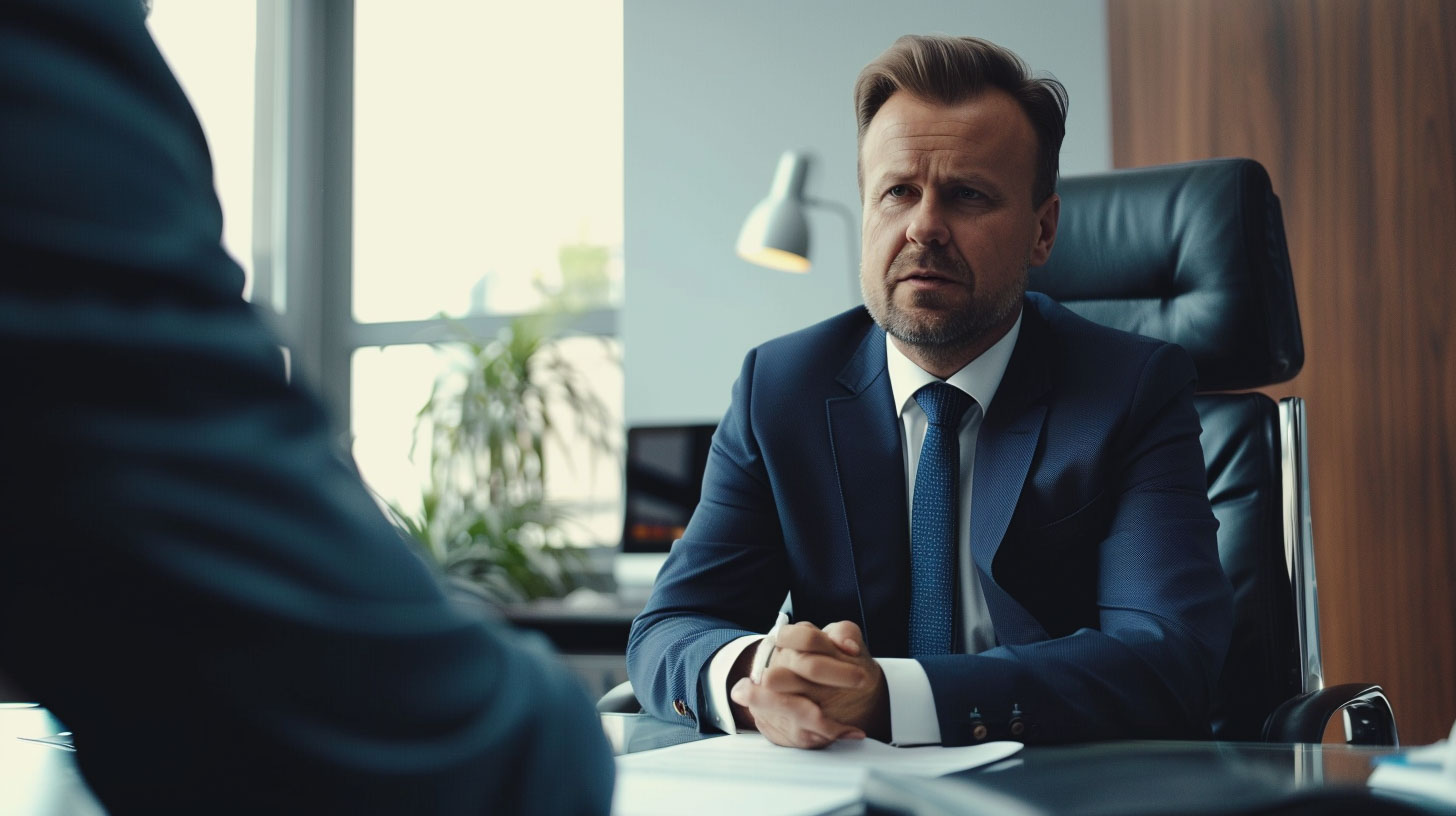Slovenia, a picturesque country in Central Europe known for its lush landscapes, diverse culture, and a burgeoning business environment, has a dynamic and evolving media landscape. This article delves into the state of media law and freedom of expression in Slovenia, highlighting its significance, challenges, and the broader context within which it operates.
The Slovenian Media Landscape
Slovenia boasts a pluralistic media environment with numerous outlets including newspapers, television channels, radio stations, and digital media. Major media organizations such as RTV Slovenia (the national public broadcaster) and popular dailies like Delo, Dnevnik, and Večer play pivotal roles in shaping public discourse. The advent of digital media has further expanded the landscape, allowing for a more diversified and immediate dissemination of information.
Legal Framework Governing Media
The Constitution of Slovenia guarantees freedom of expression and the right to information. Specifically, Article 39 stipulates that everyone shall be guaranteed freedom of expression, of speech, and of public appearance. It also asserts the right of individuals to obtain information of a public nature, except in cases specifically provided by law.
Further to constitutional provisions, the Mass Media Act is a critical piece of legislation that establishes the regulatory framework for media operations in Slovenia. This act emphasizes transparency in media ownership, the independence of editorial policies, and the protection of journalistic sources. It also mandates a balanced representation of different social groups within media content, ensuring that the media reflects the pluralistic nature of Slovenian society.
Independent Regulatory Bodies
Independent regulatory bodies like the Agency for Communication Networks and Services (AKOS) oversee the media sector, ensuring compliance with statutory regulations. AKOS has the authority to issue licenses, monitor broadcasts, and impose sanctions in case of legal violations. The independence of these regulatory bodies is vital to maintaining a free and fair media environment, insulated from undue political influence.
Challenges to Media Freedom
Despite a robust legal framework, media freedom in Slovenia faces several challenges. Political pressures, economic vulnerabilities of media houses, and the concentration of media ownership pose significant threats. High-profile cases have emerged where journalists have faced intimidation, legal actions, or indirect pressures impacting their ability to report freely.
Moreover, the sustainability of media businesses is often jeopardized by financial difficulties, leading to reliance on state or private subsidies that could influence editorial independence. The digital era has brought about additional challenges, such as the spread of misinformation and the need for effective regulation of online content.
Role of International Bodies and Civil Society
International organizations such as the European Union, the Council of Europe, and various non-governmental organizations play an instructive role in monitoring Slovenia’s adherence to media freedom standards. Reports by bodies like Reporters Without Borders and the International Press Institute often highlight the state of media freedom in Slovenia, providing necessary oversight and recommendations for improvement.
Civil society in Slovenia also plays a crucial role in promoting media freedom. Organizations such as the Slovenian Association of Journalists advocate for journalists’ rights and work to protect the integrity of the press. These organizations often collaborate with international counterparts to bolster efforts aimed at safeguarding press freedom.
Conclusion
In conclusion, media law and freedom of expression in Slovenia are underpinned by strong legal foundations, though the landscape is not without its challenges. The evolving dynamics of political pressures, economic stresses, and the digital transformation necessitate ongoing vigilance and proactive measures to protect the freedom of the press. As Slovenia continues to grow and modernize, a resilient and independent media remains paramount to upholding democracy and fostering an informed public.
Understanding and addressing the inherent challenges will ensure that Slovenia’s media continues to thrive as the vital fourth estate in a democratic society.
Suggested related links about Media Law and Freedom of Expression in Slovenia: Safeguarding the Fourth Estate
